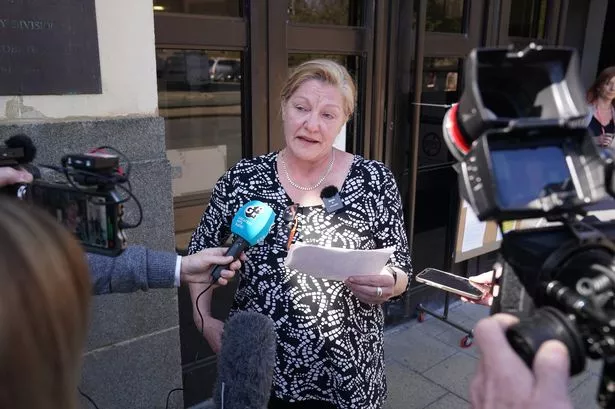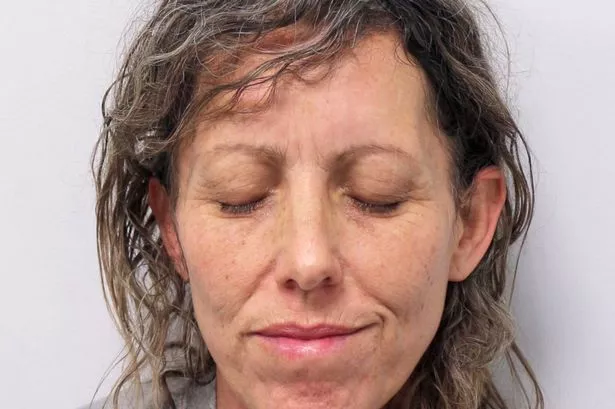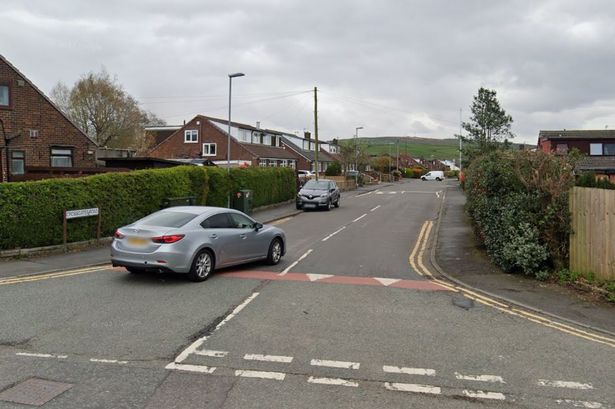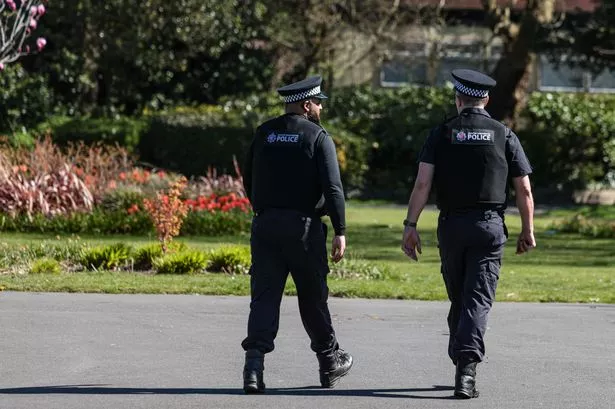Domestic Violence Court Cases in Manchester

A young man stands accused of strangling his wife, leaving her terrified and gasping for breath during the first case of the day in Court 5 at Manchester Magistrate's Court.
This courtroom, dedicated to domestic violence hearings, sees numerous heartbreaking cases daily, highlighting the alarming prevalence of such incidents across the country.
On average, one woman is killed by an abusive partner or ex every five days in England and Wales. A notable case is that of Caroline Gore, who was murdered by her ex-partner in Wigan last year.
Caroline, a 'kind' and 'caring' cleaner, was stabbed to death by David Liptrot in her home on October 29. He attacked her after lying in wait, and left her body in the bathroom before fleeing the scene.
Domestic violence offences remain significantly underreported, with convictions decreasing since 2017, often dismissed as personal issues rather than a systemic problem needing urgent attention.
My Day in the Domestic Violence Courtroom
The accused man faces a charge of intentional strangulation, which can lead to a five-year jail term. He denies the allegations, and the case will move to the Crown Court for trial next year.
Currently on bail with stringent conditions, he is prohibited from contacting his wife and entering Greater Manchester, while the aftermath of the alleged violence continues to affect their family.

As cases progress, District Judge McCormack engages with me, clarifying my presence in the courtroom as I explain my role in observing domestic violence cases.
Throughout the morning, various men appear in the dock, facing charges ranging from breaching bail conditions to coercive behaviour. Many non-violent crimes, like burglary, are related to ex-partners, indicating a disregard for protection orders.
One man is brought in for breaching a Domestic Violence Protection Order (DVPO) against his mother, leading to police involvement after he contacted her and entered her home without consent.
His barrister claims he was unaware of the order and had sought refuge with his mother as he had no other options, revealing the complexity of such situations.
Judge McCormack acknowledges the mother's predicament and the need for him to avoid contact to address his mental health, ultimately fining him £50.
Later, I witness DVPO applications aimed at protecting women from their abusive partners. In one case, a victim with a history of domestic violence calls has to be ensured her safety amidst PTSD concerns.
The Judge grants a DVPO for 28 days, recognizing the perpetrator's recent violence.
Another application involves a woman seeking protection from a partner facing multiple allegations of domestic violence and rape, emphasizing the need for immediate protective measures.
The court's prompt actions illustrate the critical need for protective orders even as charities voice concerns about their effectiveness in keeping victims safe.
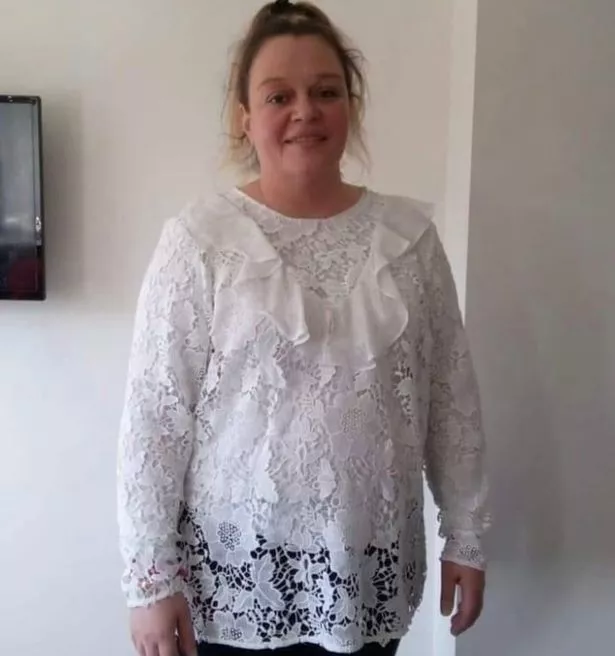
Caroline Gore's case highlights the failures of the system, as her ex-partner had a history of violence and repeatedly breached a restraining order without consequences. Just weeks after his release, Caroline was killed.
During my court observations, I noted the tragic outcomes that could arise from any of the cases. Each represented a family struggling with domestic violence, reflecting a broader societal issue that requires urgent attention and action.
While breaching protective orders can result in up to five years imprisonment, recent statistics show a concerning decline in convictions, with almost half of offenders walking free.




